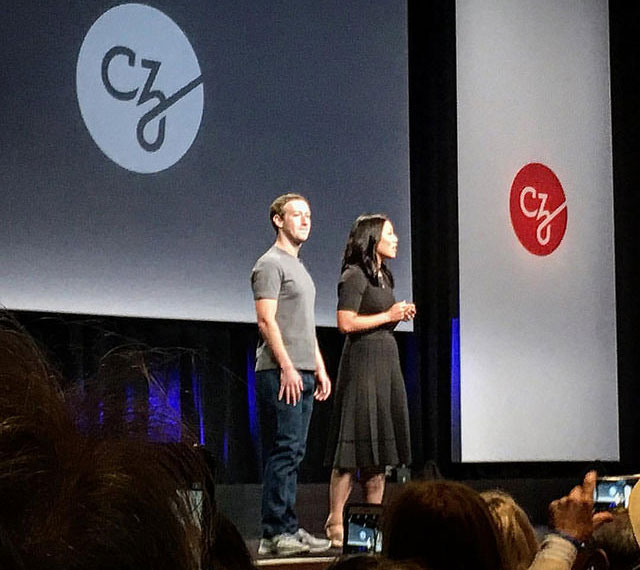
January 10, 2017; New York Times
As if the advocacy landscape weren’t weird enough, yesterday, the Chan Zuckerberg Initiative—worth more than $40 billion if the commitment made by the couple holds true—announced that they have appointed David Plouffe, a board member at Uber who managed Barack Obama’s first presidential campaign, as its president of policy and advocacy. Presumably, he will staff a planned public policy advisory board made up of former government officials and other experts in education, science, communications, and advocacy.
Leading that board on a voluntary basis will be Kenneth Mehlman, a former Republican National Committee chair who managed President George W. Bush’s 2004 reelection campaign and is now at Kohlberg Kravis Roberts, a private equity firm where, among other things, he handles the company’s responsible investment portfolio. Additionally, James H. Shelton III, a former deputy secretary of the Department of Education, will guide the organization’s work in education, and Cori Bargmann, a neuroscientist formerly of Rockefeller University and an expert on worm behavior, will be its president of science.
The National Review reports that “the initiative has already been soliciting input from conservatives and reaching out to top officials in the Trump transition.”
This is not Zuckerberg’s first foray into advocacy; in the past, he backed efforts to stem anti-immigration policy. At the start, Chan-Zuckerberg has gone in on curing disease—all disease—and the promotion of personalized learning for children. Either of these is likely to get a better reception in the new administration than a pro-immigration focus. Zuckerberg said, somewhat opaquely, in support of this policy change strategy:
You can make change, but in order for it to be sustainable, you need to build a movement to support it. No amount of private research or philanthropy is going to shift that. At the end of the day, the government has far more resources than any individual organization does.
Sign up for our free newsletters
Subscribe to NPQ's newsletters to have our top stories delivered directly to your inbox.
By signing up, you agree to our privacy policy and terms of use, and to receive messages from NPQ and our partners.
We will leave it to our readers to discern what that’s supposed to mean? Is he conflating “movement” with “government influence”? Does he believe movements emerge fully grown out of the pockets of rich folk?
Plouffe does not offer much help with his post on Facebook:
Curing disease, improving education through personalized learning and building technology and tools to help organizations reach their full potential are areas with widespread support and massive potential for mobilization, great storytelling and smart policy engagement.
Readers should remember that the Chan Zuckerberg Initiative is a for-profit limited liability company (LLC), and as such has a lower transparency level than many other philanthropic institutions. Statements of further obfuscation coming from a highly connected team made up of political elites may concern you.
Mr. Zuckerberg said in the interview, “Our government, at the federal and state level, spends 50 times more on treating people who are sick than we spend finding cures so that people don’t get sick in the first place. That’s a thing that I think needs to shift, and the only way to do that is through advocacy.”
That’s a statement that actually makes some sense. Still, the oligarchic smell to all this may be absolutely terrifying to some who find value in the essential concept of democracy.—Ruth McCambridge













